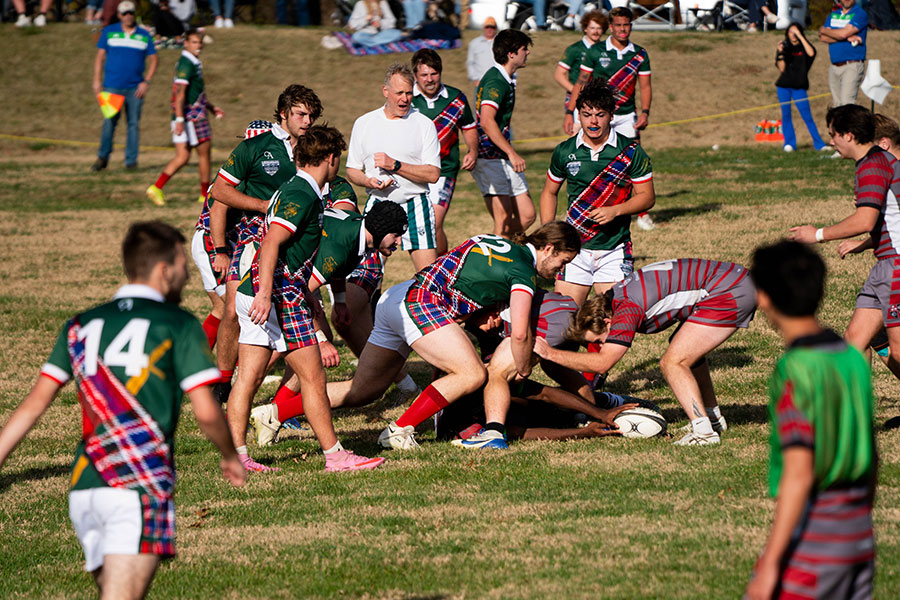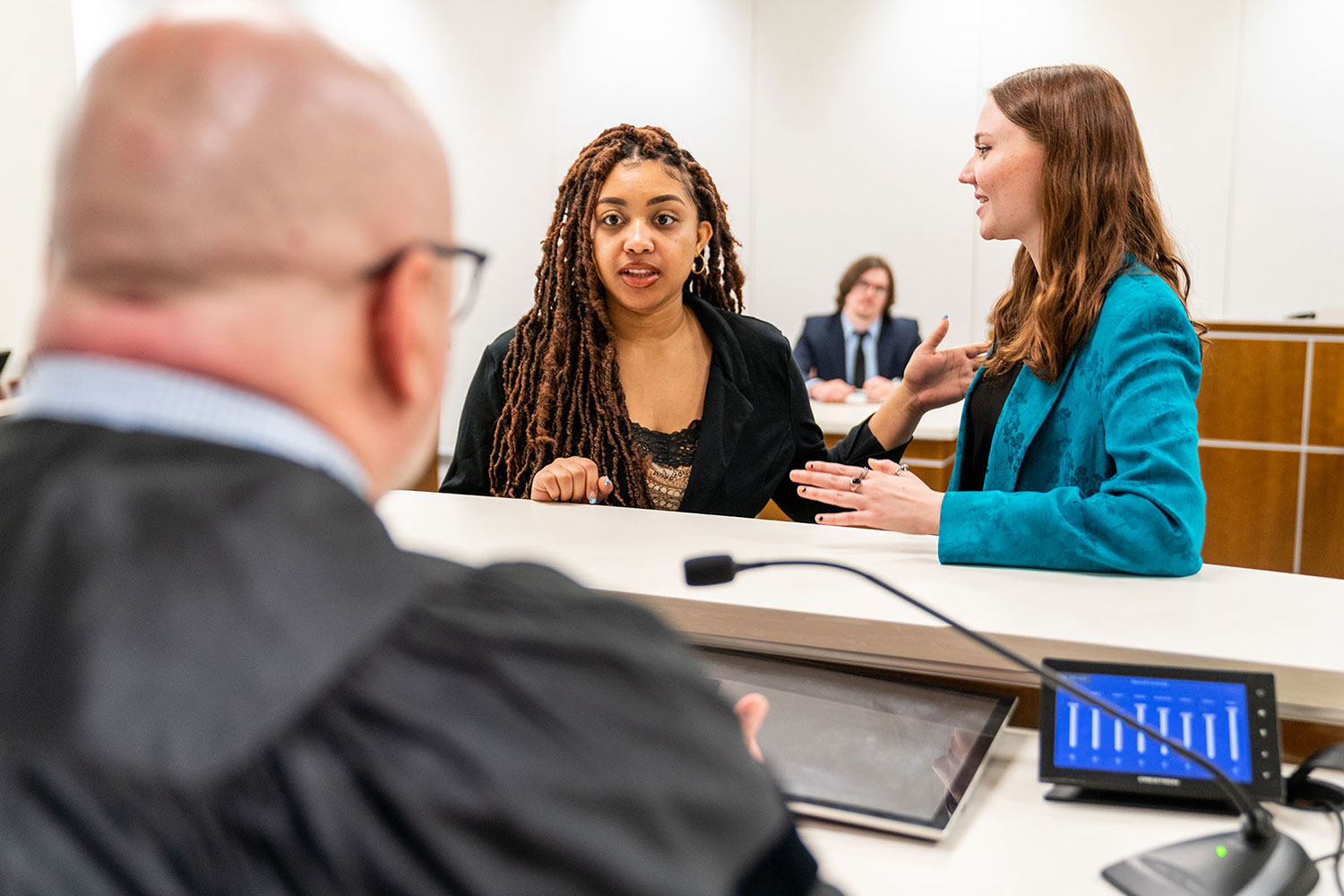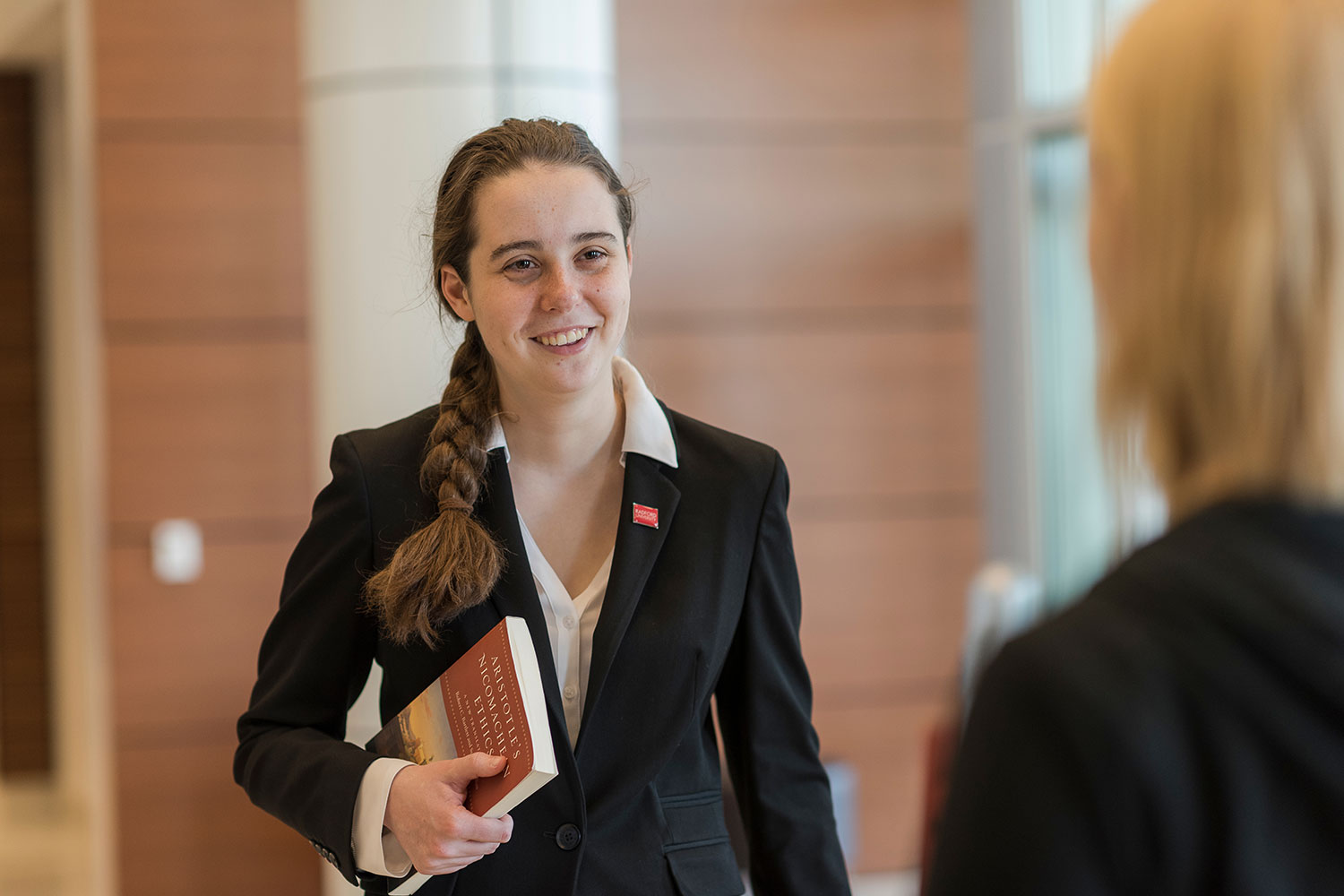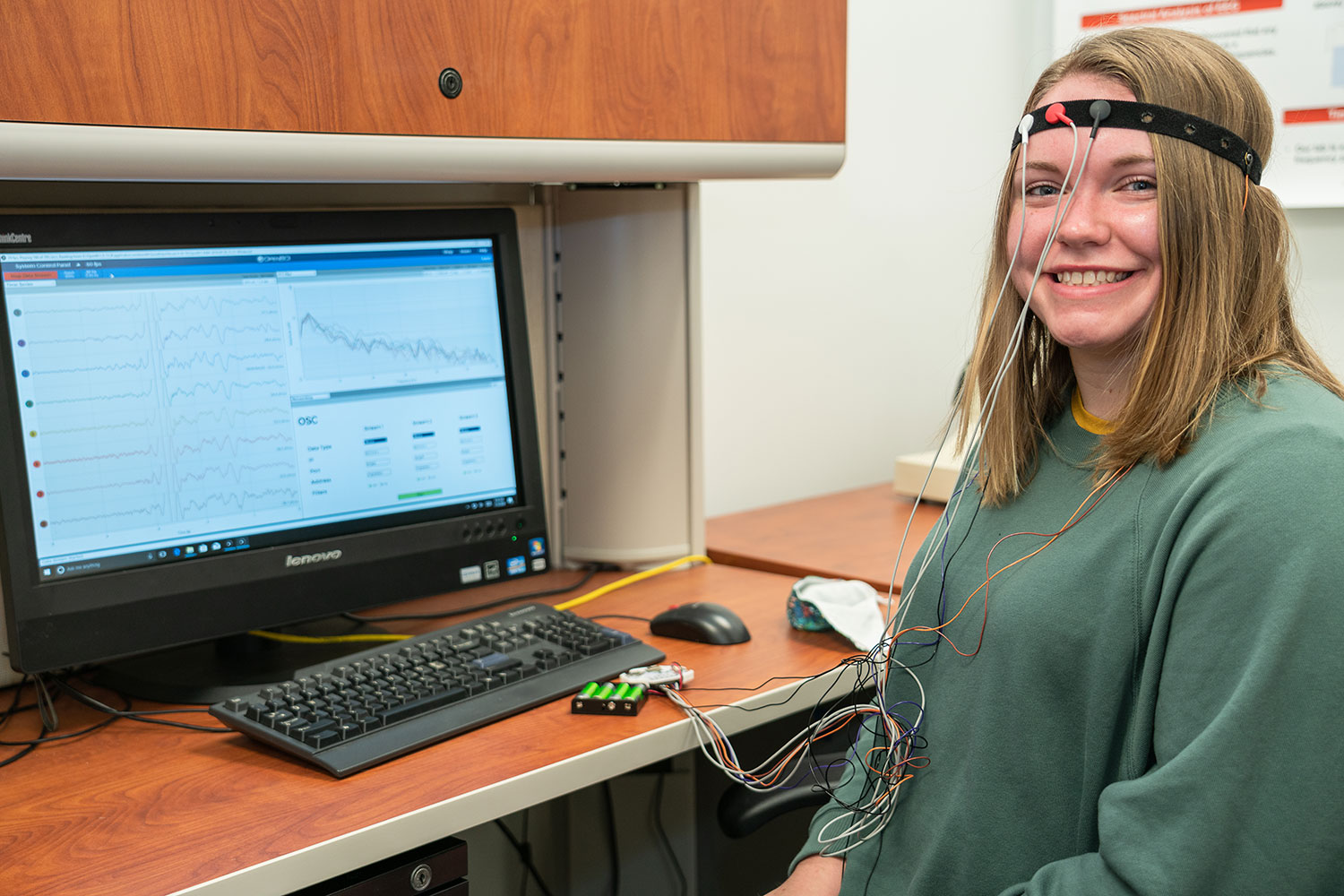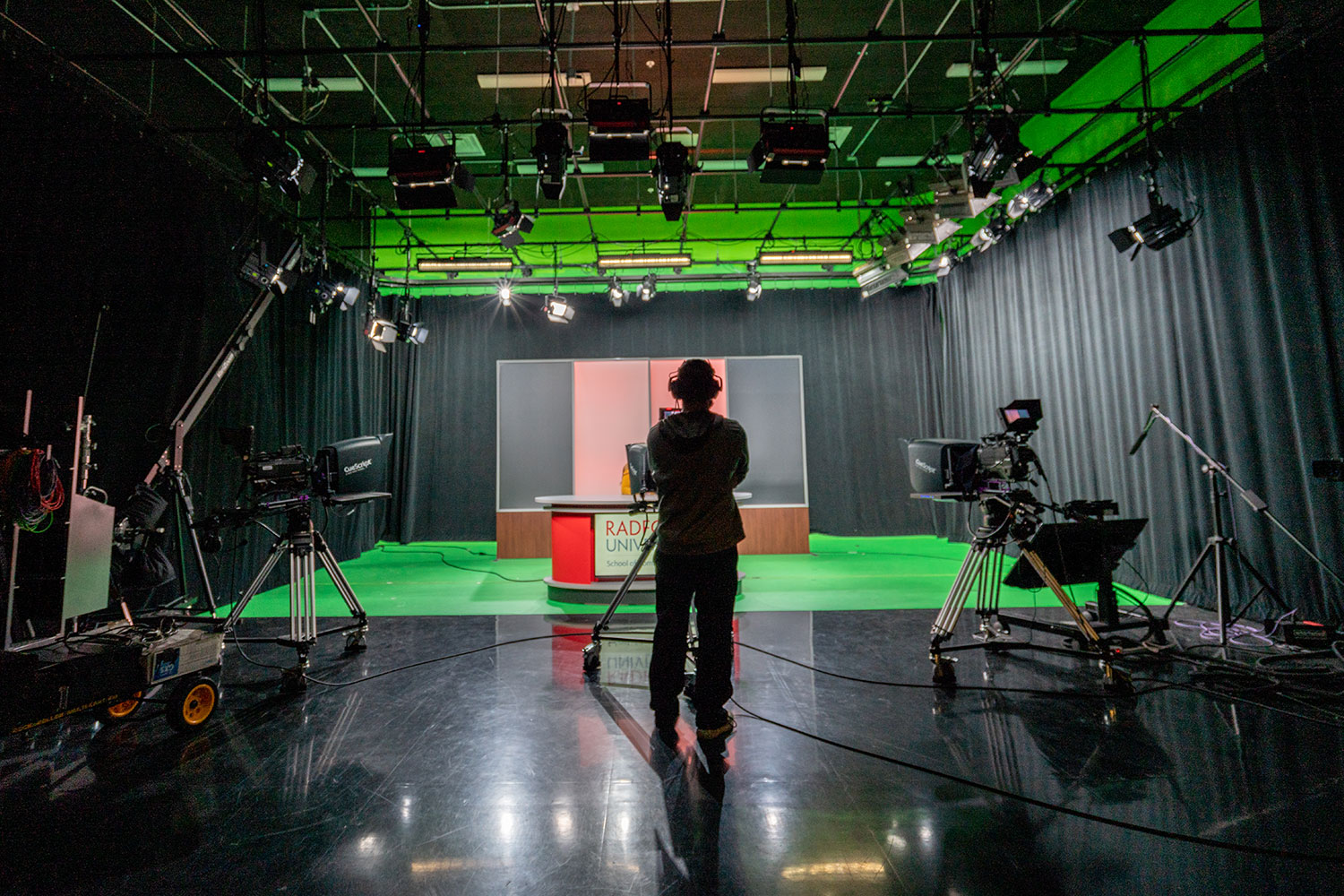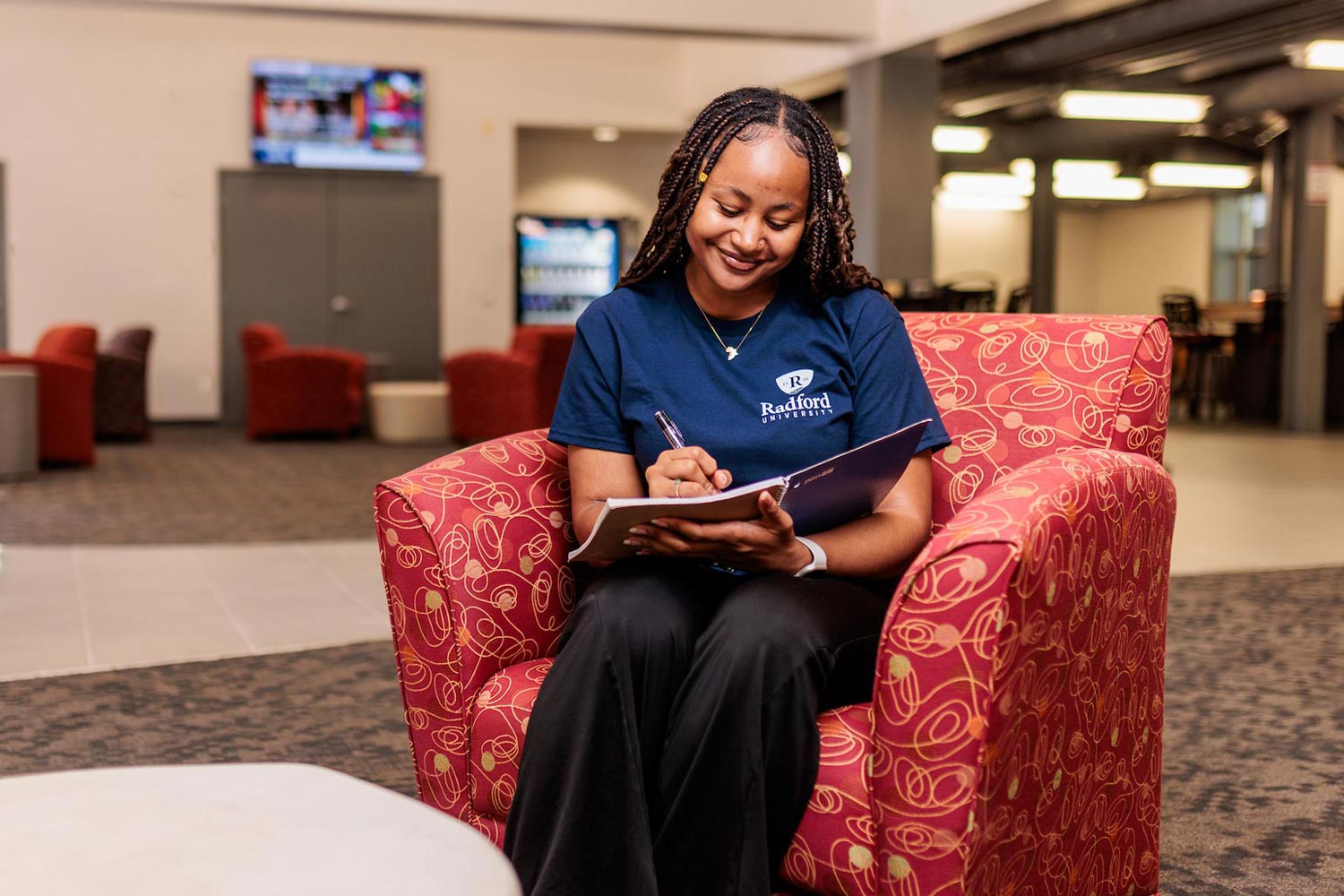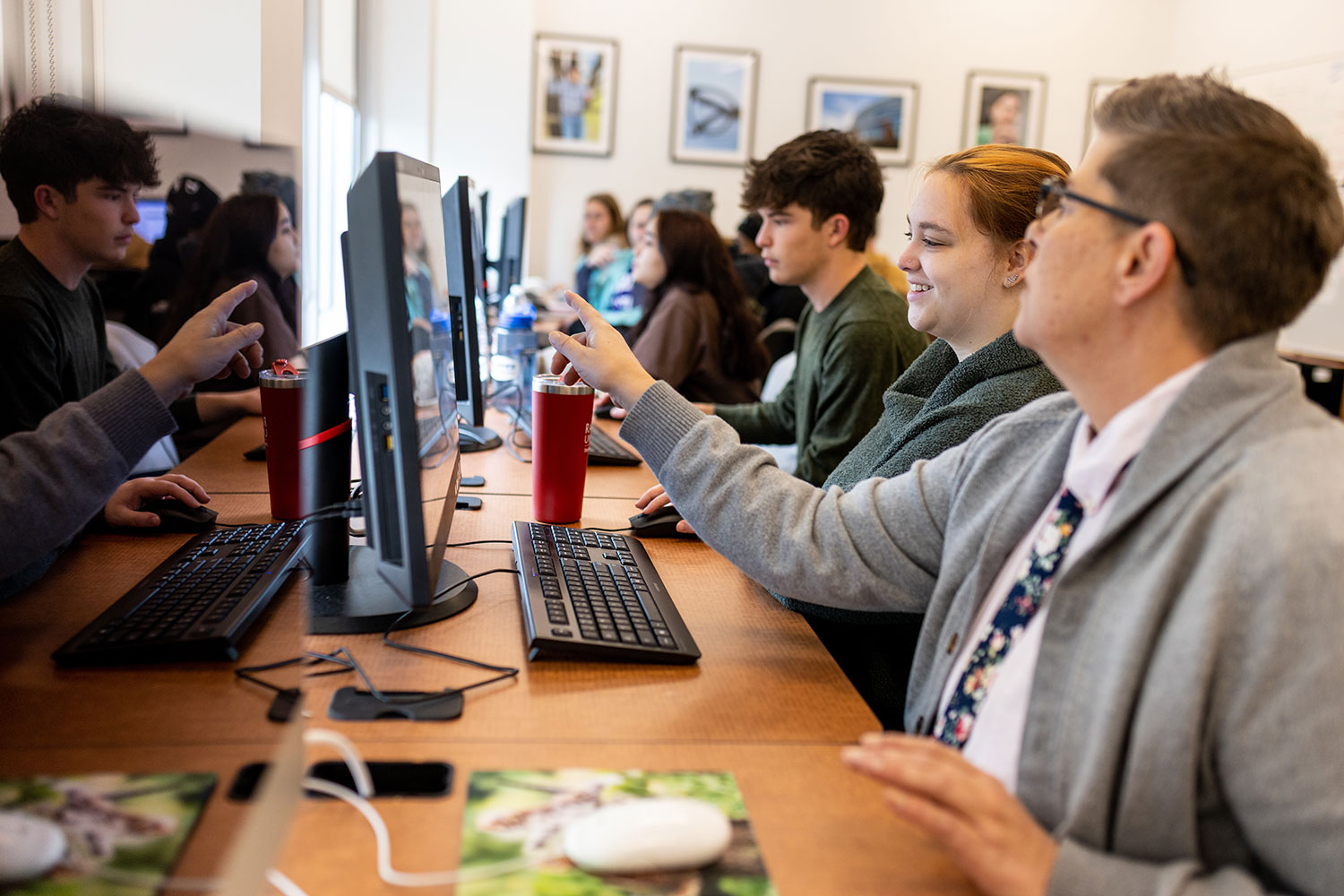Radford University
College of Humanities and Behavioral Sciences
Build a Foundation for Lifelong Learning

The College of Humanities and Behavioral Sciences offers degree programs and individual classes designed to emphasize the liberal arts as a foundation for lifelong learning. We offer a number of degrees that lead to specific career paths in public relations, media, criminal justice, counseling, technical writing and forensics. View our academic programs
Academic Departments and Schools
Research and Outreach
The College of Humanities and Behavioral Sciences supports a variety of centers and labs focused on research and outreach to enhance educational and professional opportunities for our students and the community.
Our Facility
Hemphill Hall
Our College is housed in a state-of-the-art facility that opened in 2016. Hemphill Hall is the largest academic building on campus and features many professional-quality centers, labs, research space and classrooms.

Our College in the News
-
Find your place, take it with you: celebrating the Radford University class of winter 2025
December 3, 2025
Get to know seven graduates of the Class of Winter 2025 and the moments that made their Radford journey unforgettable.
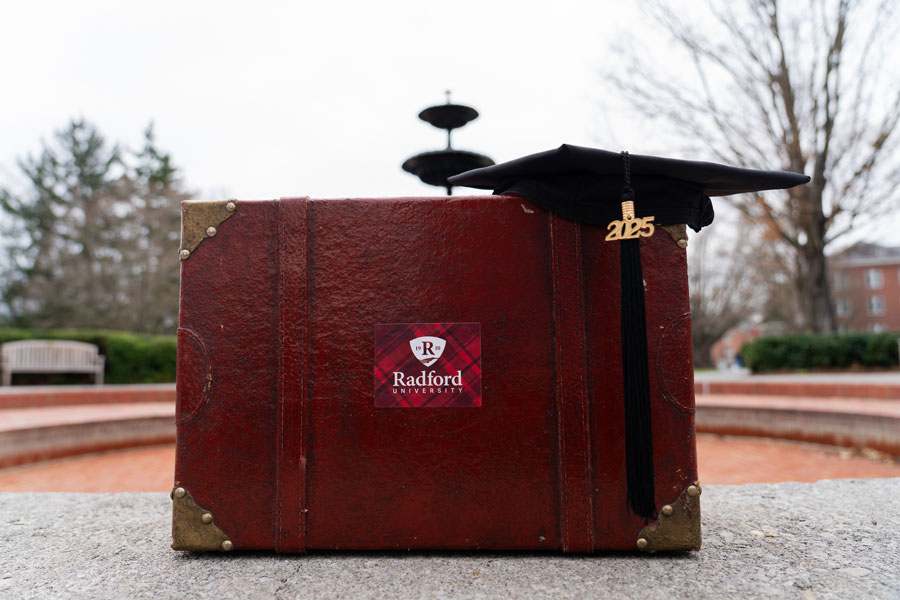
-
Senior’s research focuses on helping Alzheimer’s, dementia patients
November 14, 2025
Julia Miller is dedicating much of her senior year at Radford working with faculty to explore methods to improve quality of life for individuals living with moderate to advanced dementia.
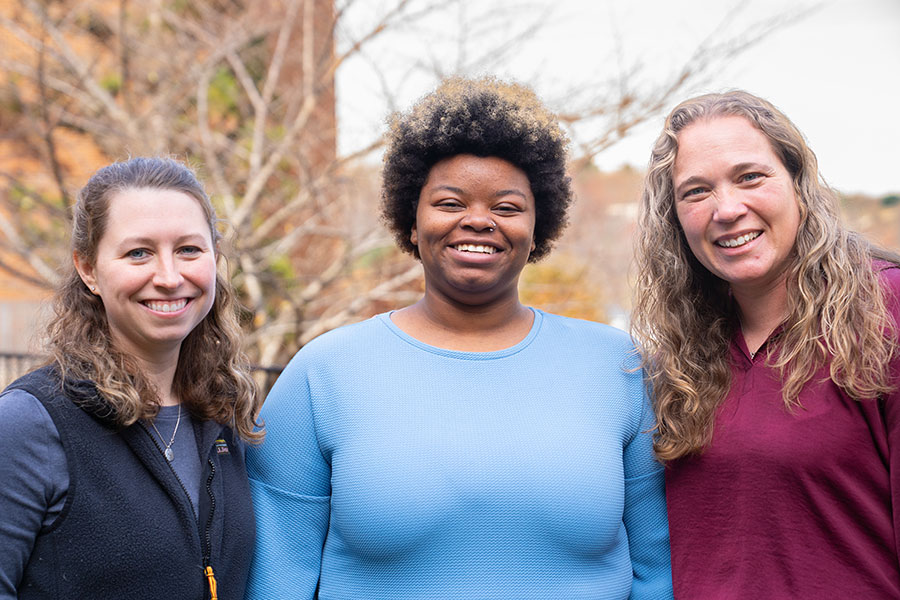
-
Radford club rugby ‘on top of the world’ after ’25 success
November 14, 2025
Radford Club Rugby earned a huge conference semifinal victory with support from of raucous home crowd.
